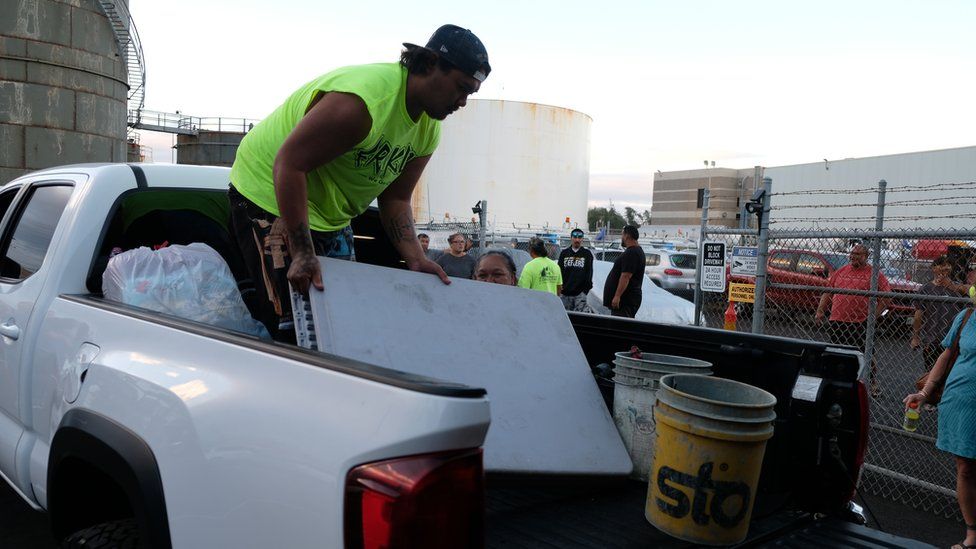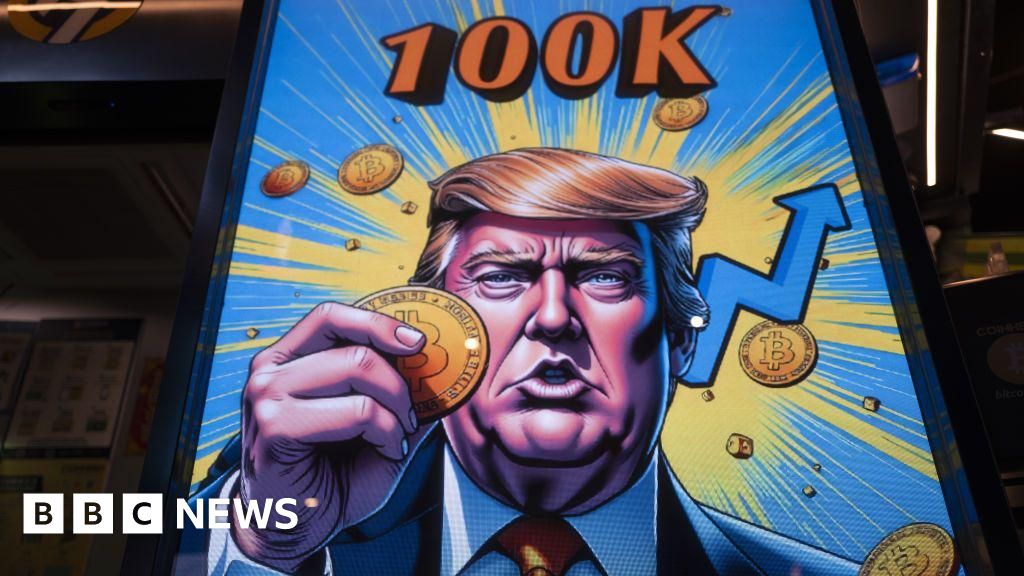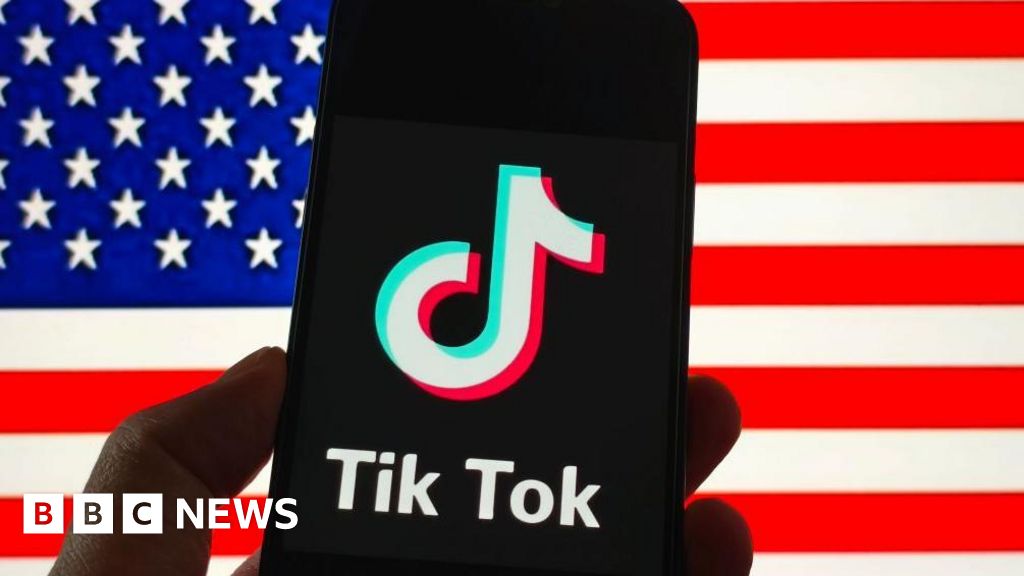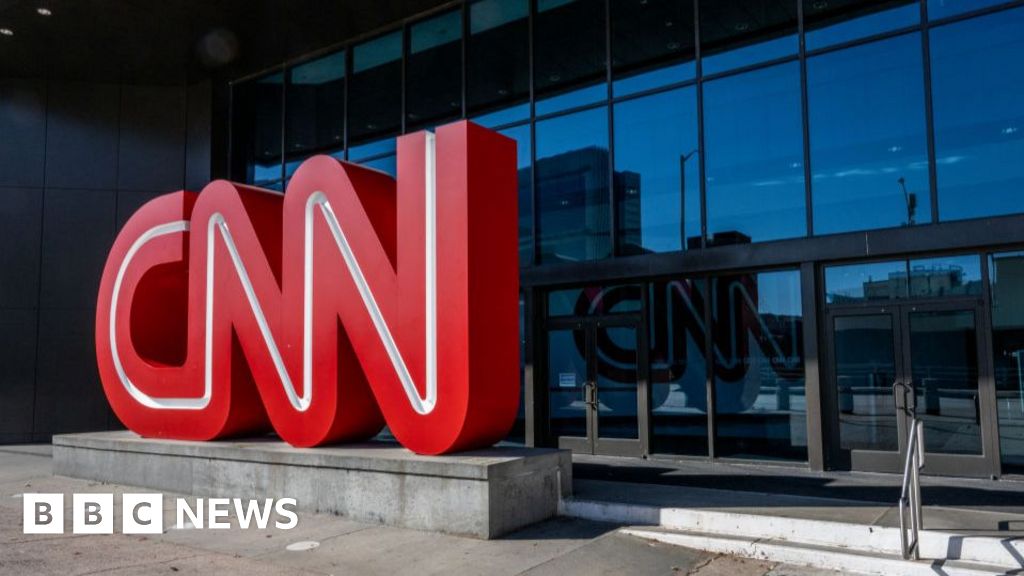ARTICLE AD BOX

Volunteers organise supplies for a trip to Lahaina. "Everyone's in survival mode," one said
By Holly Honderich
in Maui, Hawaii
When deadly fires torched the Hawaiian town of Lahaina, improvised groups of volunteers were some of the first to respond. In convoys of trucks, they delivered supplies and began the painful process of rebuilding the town many of them call home.
Along an industrial road in Kahului, not far from Maui's northern shore, Auntie Lehua Kekahuna sat in the back office of a nondescript single storey building. A handful of men stood around her - tall and broad, half wore bright yellow construction vests, with dirt caked on their faces and under their nails. When Kekahuna spoke, they stayed quiet.
It was Tuesday, one week after a fast-moving fire tore through Lahaina, levelling most of the historic town and killing more than 100. In the last few days, efforts from local, state and federal agencies have come into focus - with hundreds of emergency personnel deployed and $2.3m (£1.81m) in assistance to families dispersed so far.
But in the immediate aftermath of the fires, before official forces had mobilised, Kekahuna already had. She and her friend, Duke Sparks, devised their own response within hours. Sparks shut down his central Maui restaurant, calling in staff to make hot meals for shelters and emergency responders, and the two collected donations for evacuees. And - within a day - they had organised an impromptu team of truck drivers to transport that aid to Lahaina, moving in and out of the devastated town more than a dozen times even when official routes were closed.
"Auntie says it all the time, when the kāhea comes, we'll be there," said Koa Gomes, a nephew of Kekahuna, using the Hawaiian word for 'call'. "We're our own soldiers."
Their efforts are part of a wider network of support run by locals outside the formal channels of government agencies and NGOs. According to dozens of people here, that grassroots aid has been crucial in the face of governmental bureaucracy and delays.
"Honestly we don't disrespect our government," Kekahuna said. "But we're not waiting."
"We don't disrespect our government," Auntie Lehua Kekahuna said. "But we're not waiting"
The group's headquarters are now at Shaka Detailing, an auto detailing company owned by Kekahuna's son, Sonny, that is around 25 miles from Lahaina. The short hallway to Kekahuna's office was lined with donations, neatly ordered piles of nappies, food, water and batteries.
Kekahuna's authority was clear, her low voice silencing entire rooms. "She's our auntie, she's a mother, she's a grandmother," Gomes said. "When she speaks we keep our mouths shut."
Passing through the small building was an assortment of drivers, most stopping on their way to or from Lahaina. For days they have filled their trucks, owned or borrowed, before setting off to the frontlines and using connections with local police to pass through checkpoints designed to keep non-official personnel away.
Most of these men are from Lahaina, meaning that some of the first to see the town after it was destroyed were those who call it home.
"It's survival, everyone's in survival mode," said Casey Smythe, from Lahaina, who drove in the first convoy to West Maui. "You're in disbelief. How could this happen?". During his first trip in, he said, he cried the entire time.
Your device may not support this visualisation
Some supplies are deposited at makeshift hubs, dubbed Kanaka [Hawaiian] Costcos. Others are delivered door to door, to the few homes still standing.
"Before FEMA [Federal Emergency Management Agency] and Red Cross was there, don't take it in the wrong way, but Kanaka Costco was there," Smythe said. "We were there."
"Lahaina itself, it looks like hell," said Eddie Iniba in Kekahuna's office, stopping in after an overnight shift in the levelled town, with mud and sweat streaking his shirt. Streetlights in Lahaina were still down, he said, and the only visible sights at night were of police barricades and military personnel.
"It's like watching an apocalypse movie," he said. "It hurts."
Eddie Iniba has made several trips to Lahaina. "It looks like hell," he said
Iniba and several others spoke of a different kind of horror inside Lahaina - the looting of both vacant homes and of the bodies of the dead.
One man, Chaymen Enomoto, said he was forced to stop a friend from assaulting someone who they found pillaging in Lahaina.
"He found someone looting the body of an elderly woman who was charred up. She had gold and jewellery everywhere." His friend "broke" at the sight, Enomoto said, and used a knife to attack the looter.
"It took every ounce of me to stop him from killing this guy, because I felt the same anger he was going through."
Officials have denied claims of violence or looting in Lahaina. At a press conference last week, Hawaii's Governor Josh Green said there had been "virtually no conflicts between the residents of Maui that have survived".
Asked about these comments, Enomoto replied: "We're catching it before they get there."
FEMA, the behemoth federal agency tasked with handling natural disasters, has provided $2.3m in assistance to more than 1,300 households so far and sent more than 190 search and rescue team members as well as hundreds more of its own personnel. The agency has urged survivors to register online to receive housing and other assistance - including an immediate payment of $700 for food and water - but with limited power in West Maui, this aid remains out of reach for some.
The agency cannot offer direct assistance for a recovery operation until a state requests a disaster declaration from the president. In Hawaii, this did not come until Thursday - two days after the fires began.
Taken together, the accounts from Lahaina suggest improvised volunteer groups have acted as a substitute for aid workers, demolition crews and law enforcement. And while neither Kekahuna or Sparks criticised the government explicitly, their story reflects a common sentiment in Maui - that locals have stepped in to fill the void of a slow official response.
"All those Red Cross people, bless their hearts, flying in from out of state," Kekahuna said. "Do you think they're going to pick up the bodies? You think they can pick up metal? You think they can pick up cars?"
She continued: "Our locals are going to be the people to clean up this mess."
Image source, Getty Images
Image caption,Refrigerated trucks sit at the Maui forensic facility. Most on the island expect the death toll to continue its climb
Some West Maui residents have said they received more help from unofficial supply chains than from government channels. Inside Shaka Detailing this week, a man dropping off donations said of the volunteer group: "They're the only ones doing anything."
And the alienation between locals and their government has deepened due to a widespread belief that the precise scale of destruction has been downplayed. On Tuesday, Hawaii's governor said he expects the death toll to grow significantly, suggesting it may double as the search progresses.
"We live by the forensic facility," said Gomes, Kekahuna's nephew. "There are four reefers [refrigerated trucks]. One container, easy, 100 bodies in there. They don't even have enough body bags."
And from that same view, Gomes has watched families be called in to identify the remains. "All you can hear is crying, screaming, wailing," Gomes said. "But we can't call on anybody, we get nothing."

 1 year ago
23
1 year ago
23








 English (US) ·
English (US) ·